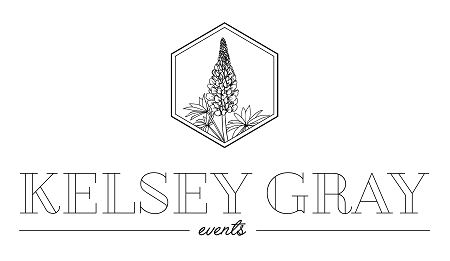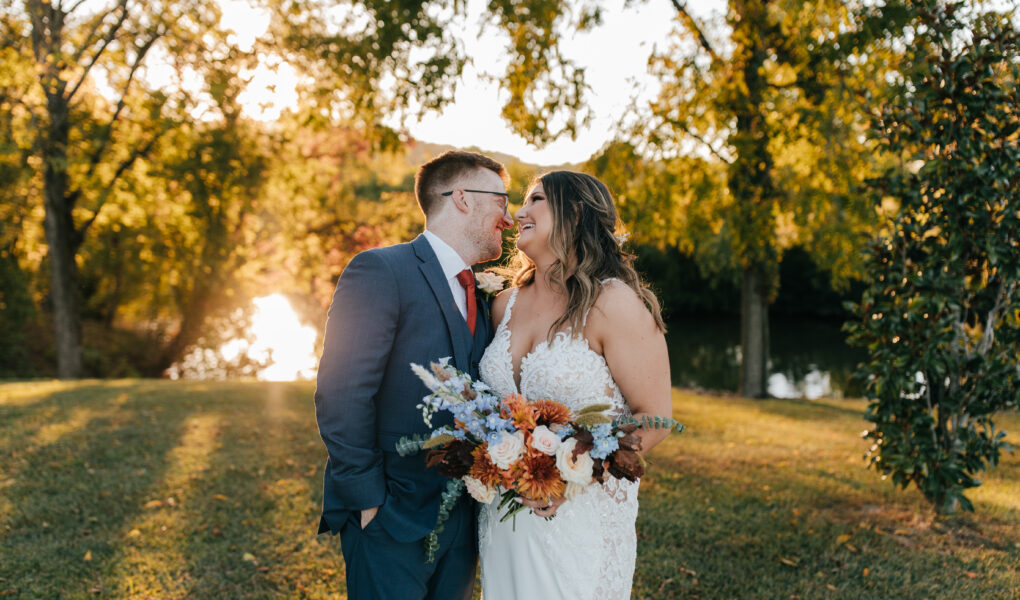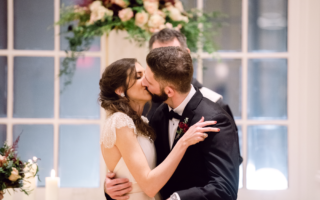So you’re going to hire a wedding planner. Good for you. Too many couples think they can get away without a planner and waste time on their wedding day managing set-up and tasks that could otherwise be handled stress-free by a planner. As we’ve done in my ongoing contract series (see what to look for in your catering contract, florist contract, and photography contract) we’re going to talk about what you should be looking for in your wedding planning contract.
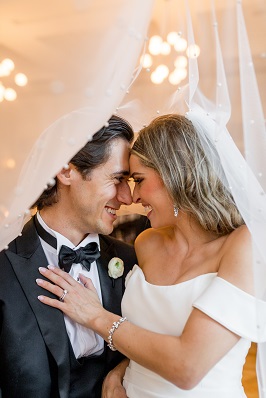
Since this topic hits close to home for me, let’s take a detour and talk about the role and your expectations of a wedding planner. I’ll just get all my grievances out there and start by telling you what a wedding planner is not. A wedding planner is NOT your assistant to check off your personal to-do list. And a wedding planner is NOT a replacement for hiring other professional vendors. If you don’t want to pay for catering to stay until the end of the night to scrape the plates and take out the trash then guess what: your wedding planner won’t be doing this for you! I’ll say it again – I do. not. scrape. plates. There are many ways that a wedding planner can save you money by finding you the best deals, hiring the best people and saving you from catastrophe, but we don’t save you money by filling in for other vendors. I’m not going to be your MC because you didn’t want to hire a DJ. And I’m not going to steam your linens because you didn’t want to pay the rental company and bought cheap linens online. Sorry, not sorry.
Whew. I sound like the meanest person ever, huh? Don’t let me lose you. Keep reading. Wedding planners are SO awesome, and you are not going to regret hiring one. Here’s why: A wedding planner is going to save you infinite amounts of time, stress, and energy. She’s going to handle problems that you didn’t even know were problems because she did it all behind the scenes. She’s going to PREVENT problems from ever occurring because of her detail-oriented planning on the front end and by hiring vendors that she knows to be reliable. Think about it. You’re planning a wedding once (maybe twice?) in your lifetime. Your wedding planner plans weddings for a living. She does this over and over again and knows exactly which vendors can be relied upon to provide good service and which ones you should run from screaming. Seriously, I cannot oversell the benefits of a wedding planner, which clearly you see, too, or you wouldn’t be looking at planner contracts.
So, let’s talk about those contracts.
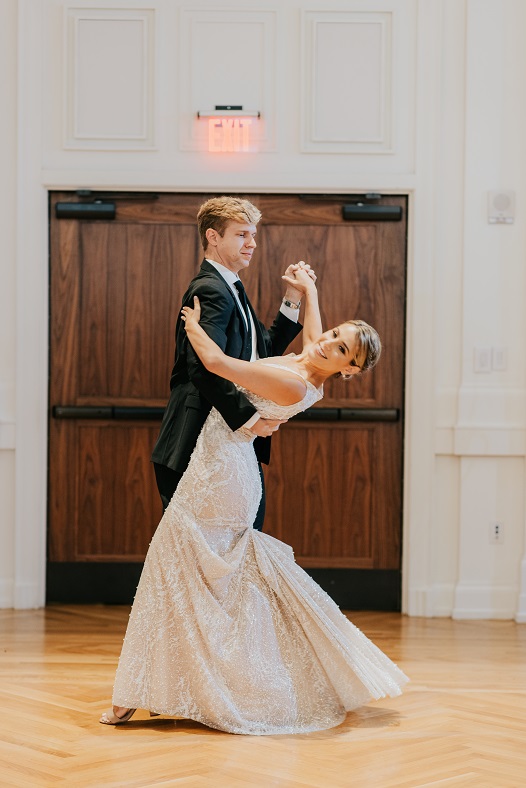
Service package
First and foremost, as with any service contract, it should include some details about what is actually included in the service package. My packages list out how many meetings to expect, vendor research and communication that is included, and what to expect on the actual wedding day. Each and every planner will have different packages, so this is something that you should have vetted before getting to the contract stage. But you want this package to be listed out in the contract so that you have an official agreement of the package to refer to in the future.
How does the planner charge
Unfortunately wedding planning fees are not standardized. There is a very wide range of how much planners charge depending on their market, their experience, and what it costs to run their business. Planners can also charge in different methods. The most common ways are to either charge a flat fee for a set package or to charge an initial fee and then take a percentage of all of the other contracts that you book. For example, the planner may charge X amount plus 10% of your florist contract, your catering contract, your DJ contract, and on and on. This means the more you spend on the wedding, the more you will spend on the wedding planner. And then rarely you will find a planner who charges an hourly rate, so they track the time they spend working with you and bill you monthly, like a lawyer. Whichever way your planner is charging, this needs to be outlined in your contract and you need to be very clear on the method so that there are no surprises later.
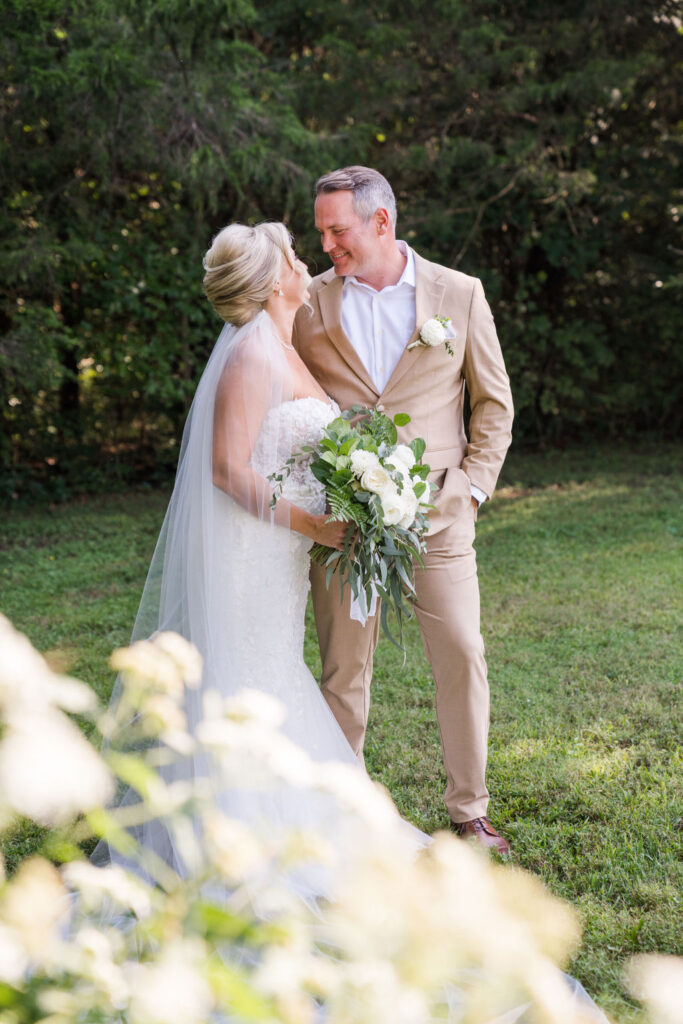
Expectations of the client
Successful wedding planning only happens when the planner and the client work together, and with that comes certain expectations of the client. Every planner will be a little different. Most planners will include some guidelines for communication between client and planner. For example, I ask that you respect my personal time by not texting me at midnight six months before your wedding. If it is wedding week then I understand, but nothing is an emergency six months out. I ask that you communicate changes promptly and send me copies of all vendor contracts in a timely manner so that I can stay up to date with all that is going on with the wedding. Again, each planner will have different expectations, so it is important that you read these terms thoroughly to make sure that you and the planner will work well together.
All the Legal Stuff
The rest of the contract will contact all of the legal stuff that helps us define our year or more long working relationship. It protects you; it protects me; it all looks scary but is really a good thing.
The contract should outline what happens if either you or the planner decides to terminate the relationship early. And yes, your planner will have clauses that allow her to exit the contract should an unhealthy working environment exist. We include “bridezilla” clauses, because harassment is never ok. There should also be a clause outlining how much cost of the contract you will owe should you cancel your wedding, and what fees you will pay if you postpone the wedding.
You will likely see a clause on dispute resolution, which will state the location that legal disputes will be resolved, should they occur. As a planner who specializes in Nashville destination weddings, about 80% of my clients live out of state. This protects me from having to travel to California for court, should a legal dispute arise.
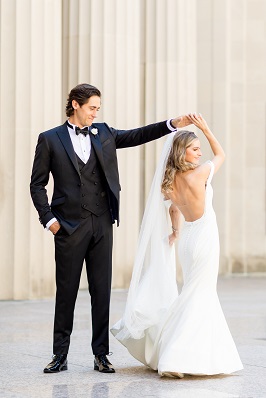
All in all my current wedding planning contract is nine pages long, and it continues to grow as the world changes and new issues arise. But this isn’t a bad thing. Ultimately the contract is in place to allow us to work better together as client and planner. If we define this relationship in the beginning, then it prevents problems in the future. Just like hiring a wedding planner at the start of the planning process will prevent problems later in the process or even on the wedding day. So if you’re thinking about hiring a planner for your Nashville wedding, fill out the contact form below and let’s chat!
*** Disclaimer: The materials available at this web site are for informational purposes only and not for the purpose of providing legal advice. You should contact your attorney to obtain advice with respect to any particular issue or problem.
